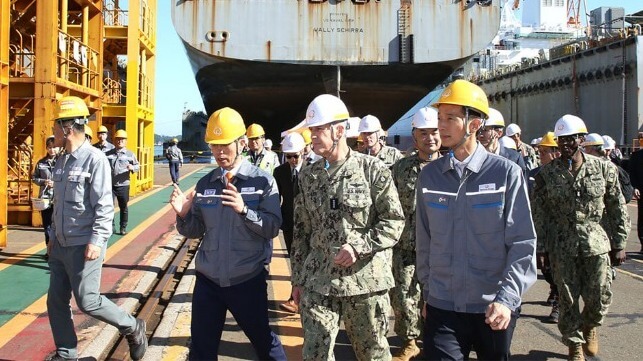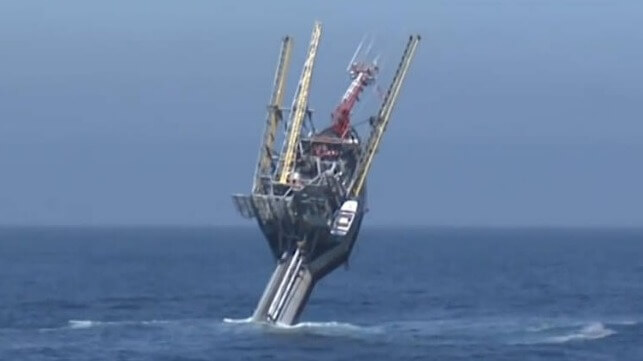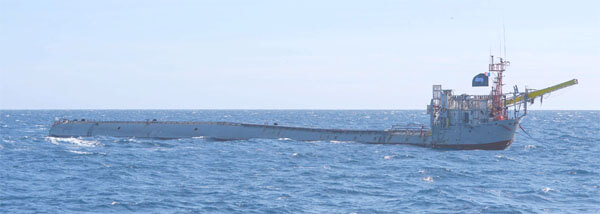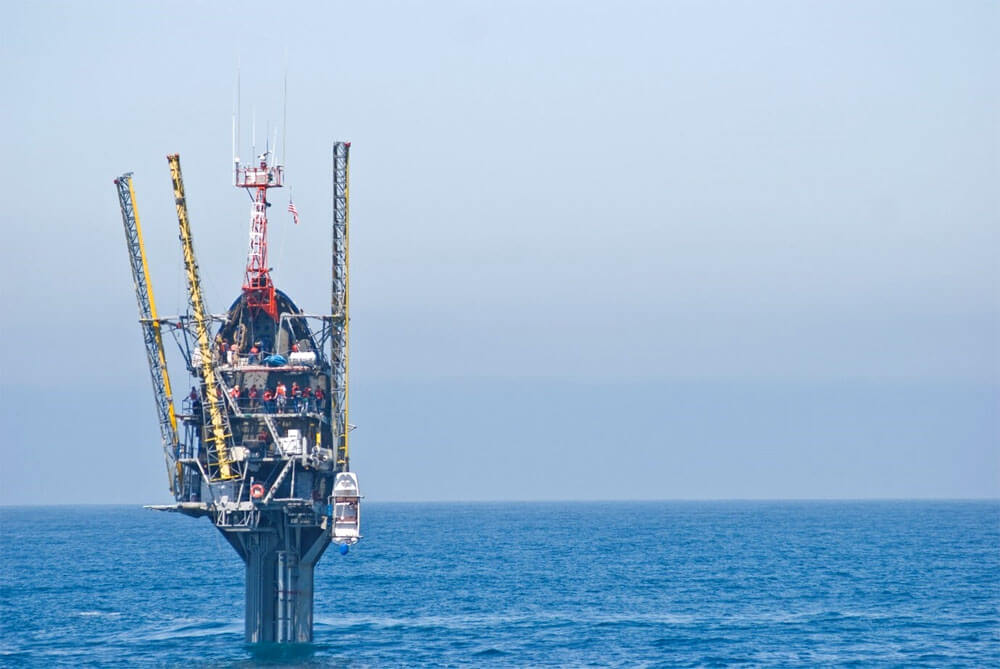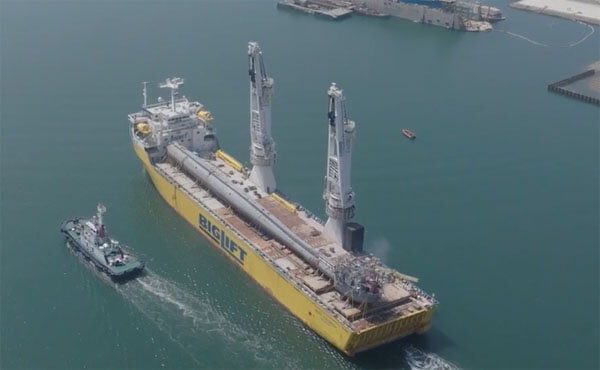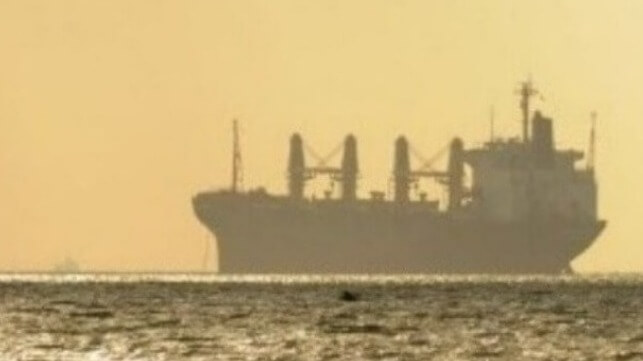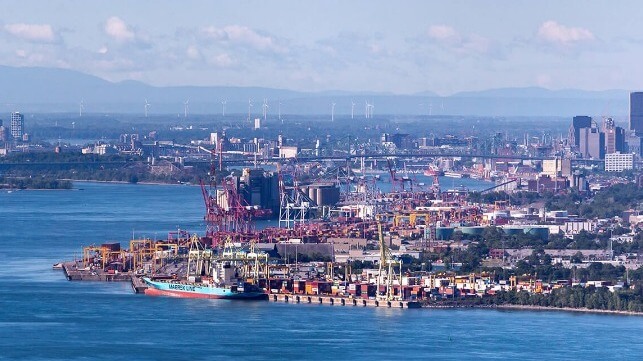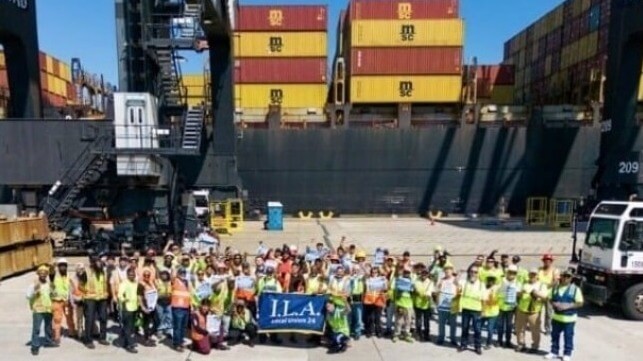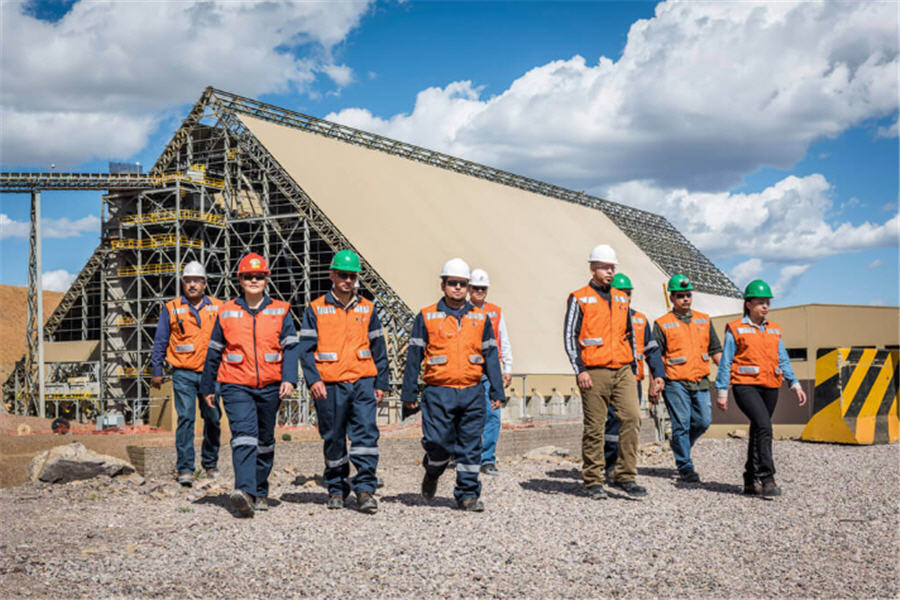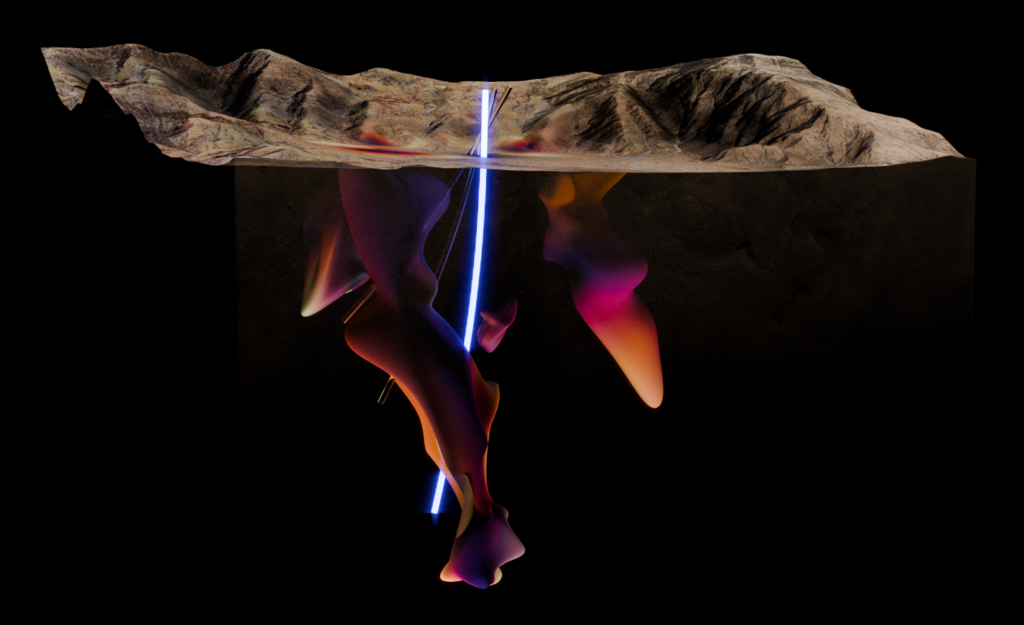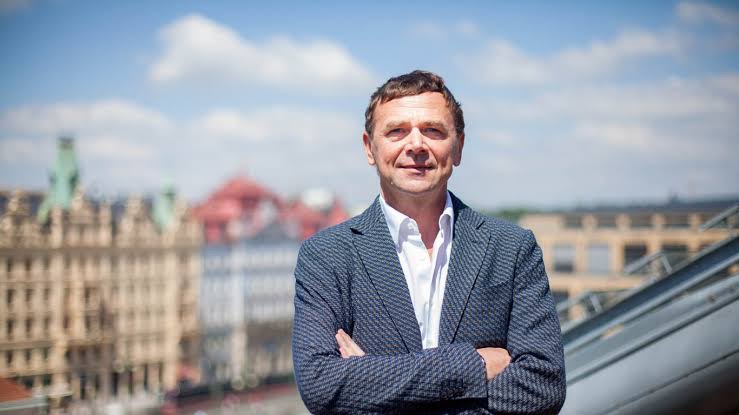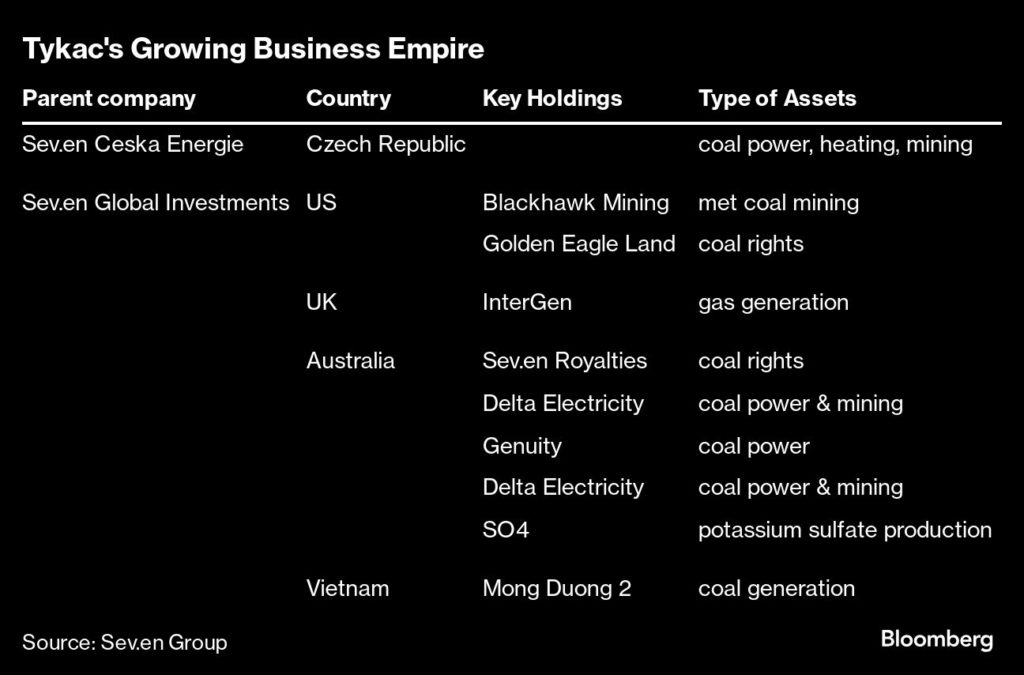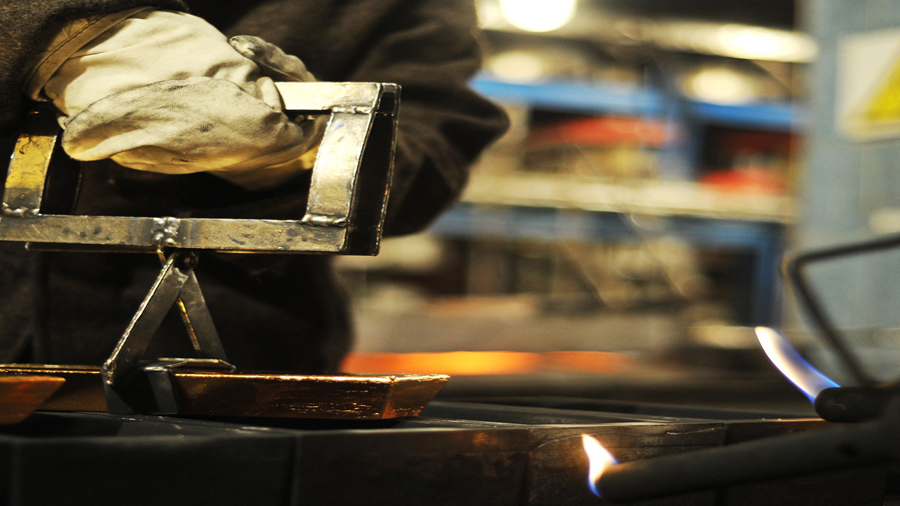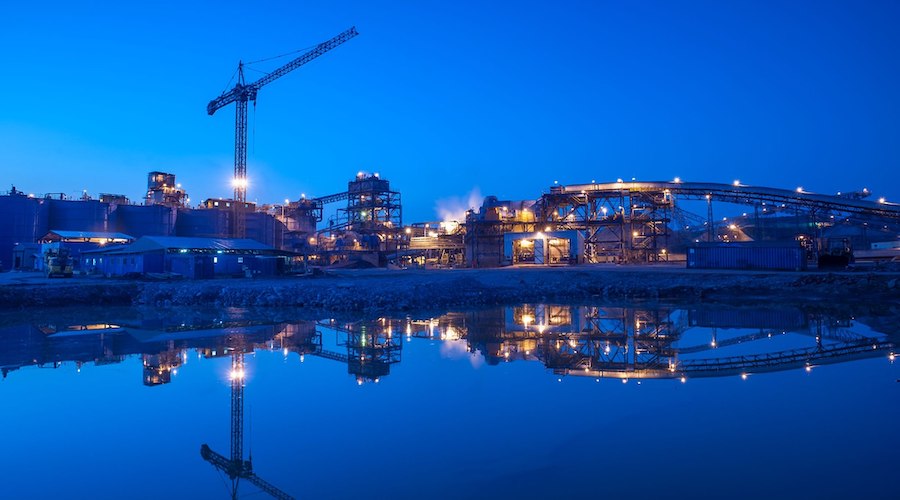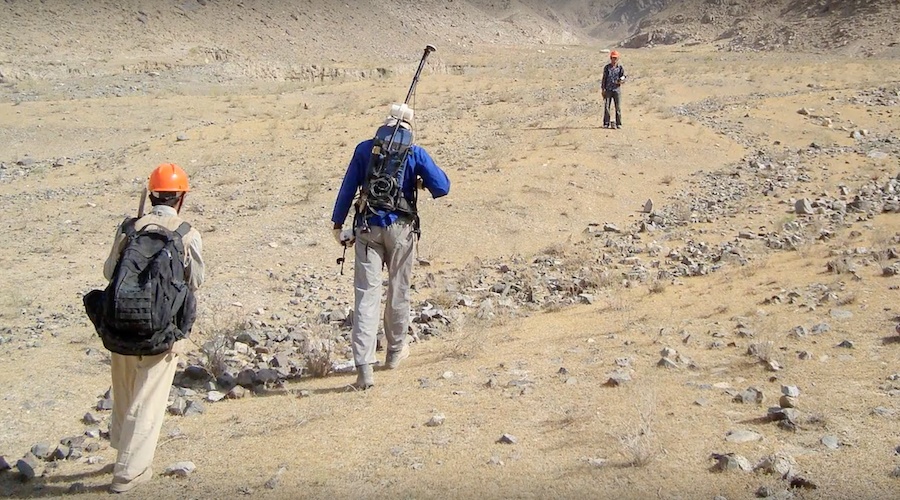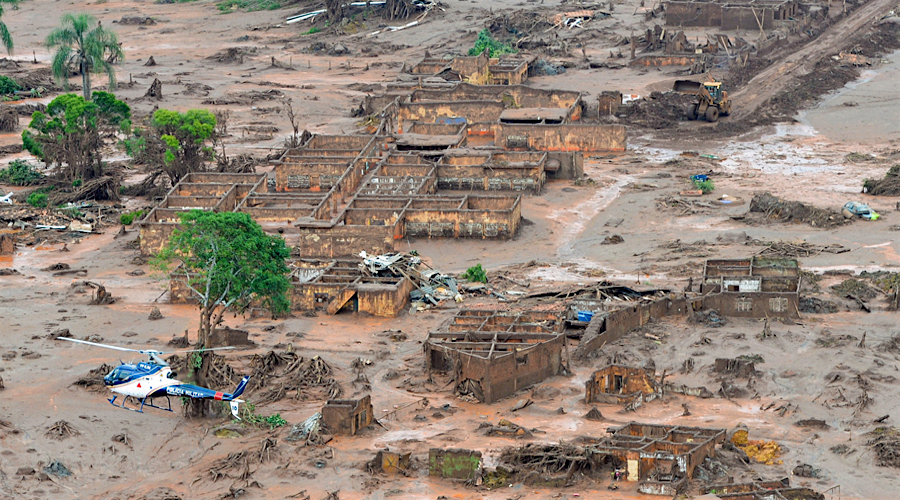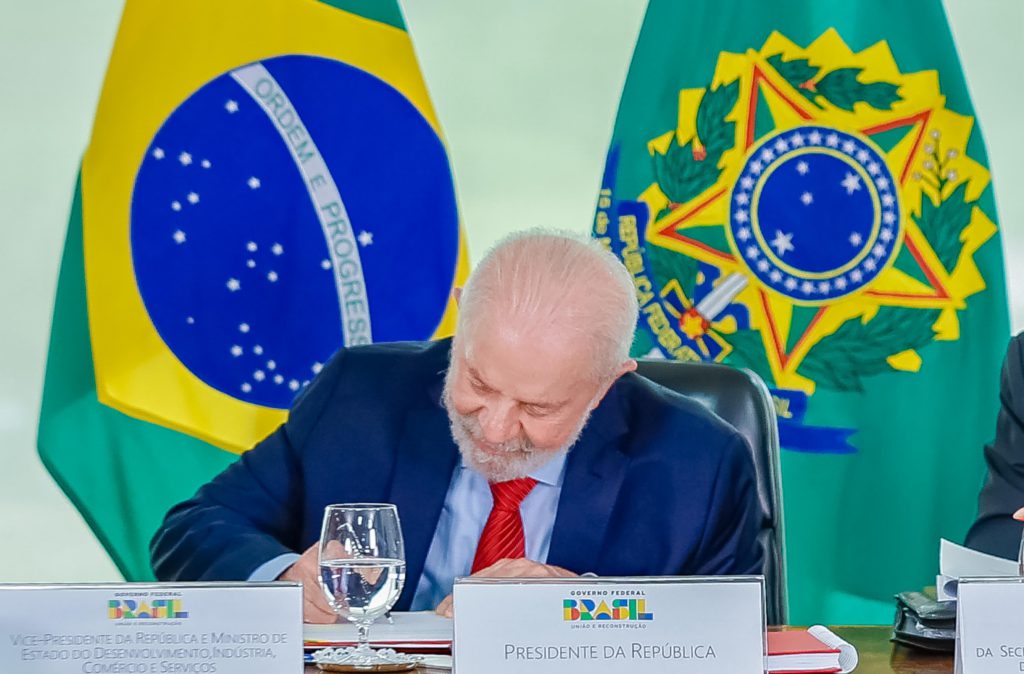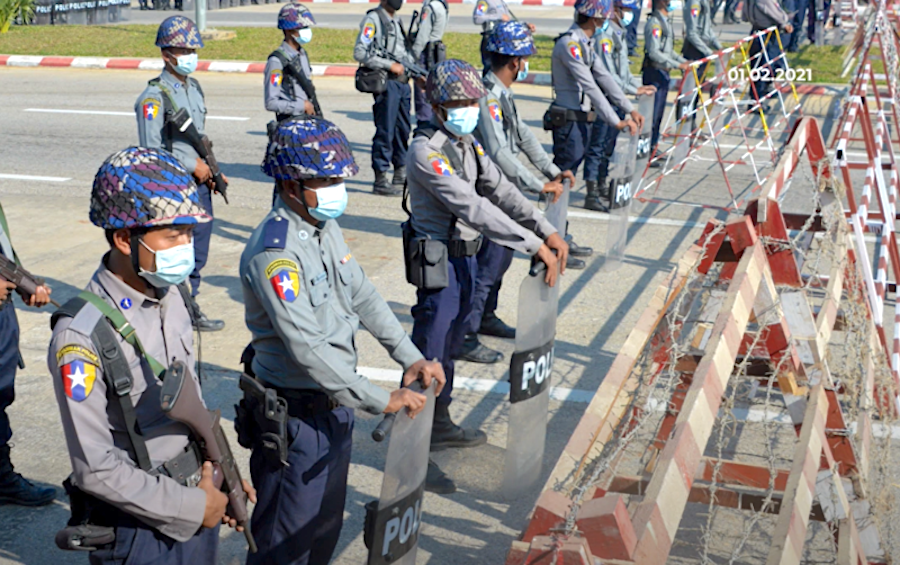AN OLD RIGHT WING TROPE
MAGA operative gets live fact check after saying Nazis were left-wing socialists
October 25, 2024

Republican strategist Tricia McLaughlin (Screen cap via CNN)
Republican strategist Tricia McLaughlin tried to defend former President Donald Trump against charges of being a fascist by falsely claiming that fascism is a left-wing socialist political ideology.
During an interview with CNN's Sara Sidner, McLaughlin argued that it was dangerous for Democrats to echo claims made by Trump's own former White House chief of staff about Trump being a fascist because it could result in someone trying to kill him.
"The natural conclusion of calling Donald Trump a Nazi, calling Donald Trump the next Hitler, is that someone will again try to kill him," she said.
"John Kelly was the person who called him a fascist, which is his former chief of staff," replied Sidner. "And so Democrats have been repeating what his former chief of staff said."
At this point, McLaughlin tried to deflect from the issue by denying that fascism is a right-wing political ideology at all, despite the fact that it is defined as an ideology "that exalts nation and often race above the individual, that is associated with a centralized autocratic government headed by a dictatorial leader, and that is characterized by severe economic and social regimentation and by forcible suppression of opposition."
Additionally, when Nazis took power in the 1930s, socialists and communists were among the first people whom they targeted for political persecution.
"Fascism is rooted in socialism!" she said. "So we've got to get the definition correct because Donald Trump by no means is a socialist."
"Fascism certainly isn't socialism either," Sidney shot back.
Democratic strategist Matt Bennett also issued a fact check of his own, saying, "Socialism and fascism are very very different. Fascism is right-wing authoritarianism."
